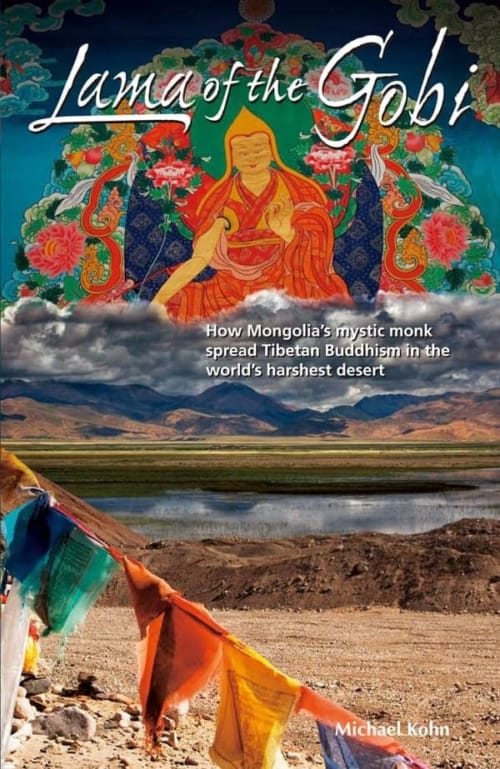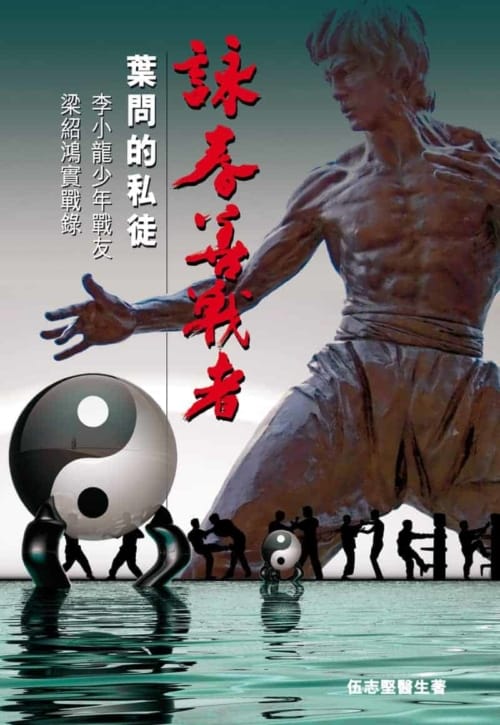Description
Why does the issue of Tibet rouse such passions on both sides? And is there any way to find common ground?
Chinese-speaking journalist Annelie Rozeboom worked as a foreign correspondent in China for ten years. During that time she was able to interview numerous Tibetan people inside and outside Tibet, as well as Chinese residents, Western observers and the Dalai Lama himself. As these people explain their life stories, it becomes clear to the reader why they think the way they do. The book also shows how history washed over this remote kingdom and how the Tibetans and the Chinese came to take such opposing positions. Waiting for the Dalai Lama is a uniquely valuable book which approaches the emotive issue of Tibet from all angles.
MEDIA ATTENTION
“The format of the book is light and palatable: It’s chopped up into bite-sized interviews which are written as one-sided conversations interspersed with some analysis and background. Best of all, Rozeboom peppers it with her wry sense of humor. She has a knack for plucking out the bizarre, the ludicrous and the downright funny. Most often this is seen in the editing of the interview transcripts.” – Asia Times
“Almost everything that’s revealed in Waiting For the Dalai Lama sends extra rays of light into dark corners of the Tibet debate, taking readers closer to an objective, accurate assessment. Will anyone else in Asia publish a more forthright and revealing book this year? Unlike most questions about Tibet, this one has an obvious answer – almost certainly not.” – Cairns Media Magazine
“Annelie Rozeboom never really meant to become a China writer. She travelled to Asia seeking nothing more than adventure, but as a young Dutch study-abroad student living in Beijing in the late 1980s she was delivered the story of a lifetime when the Tiananmen protests erupted in the capital. Soon she was reporting from the front lines, her articles appearing on the front pages of Dutch newspapers, her voice on the radio, her interviews on the evening news. After “calm” was restored to Beijing, Rozeboom stayed on in China, working as the China correspondent for a Dutch national newspaper for 11 years. Much of her later work focused on Tibet. Throughout the late 1990s she travelled through China and India, interviewing individuals on every side of the Tibetan crisis – monks, former Tibetan slaves, resettled nomads, business people, Chinese officials, and ultimately the Dalai Lama himself.” – Time Out
“Rozeboom spoke with nomads, civil servants, farmers, intellectuals, monks, refugees, aid workers, rich and poor, oppressed and oppressors, and with the Dalai Lama himself. A masterpiece, considering the restrictions the Chinese imposed on her and the hesitancy of the Tibetans.” – Volkskrant
“Annelie Rozeboom, former correspondent in Beijing, visited this fascinating region, but without dwelling on its mysticism. … Little by little it becomes clear what a complicated and divided country Tibet is.” – Trouw
“An interesting book with two important qualities: thematic diversity and lots of attention to eyewitness accounts of people who were really there.” – Bibnet
“In a recent editorial in Xinhua, Li Hongmei made fun of India which, he said ‘needs to, first and foremost, break through its own psychological fence.’ India has an inferiority complex, explained Li: ‘India’s jealousy can sometimes be put in the same breath of inferiority. India could trace its sense of being so self-abased to the brief border war with China in 1960s, when it was beaten by the Chinese army.’ In this context, the new book of Annelie Rozeboom, Waiting for the Dalai Lama — Stories from all sides of the Tibetan debate, is worth reading. Though there are many facets to what the author calls the ‘Tibetan debate’, we are often more aware of the problems facing the Tibetan Diaspora, probably due to the Dalai Lama’s ceaseless activities. … Rozeboom, a journalist who has been posted in China for 11 years and has widely reported about the country’s rapid growth, beings out other aspects by interviewing personae on both sides of the Himalayan curtain.” – Claude Arpi
“Reading Waiting for the Dalai Lama elicits interesting responses in China. Foreigners keenly enquire about what you are reading whilst one Chinese friend said half-jokingly ‘You cannot read this. He is an enemy.’ The rhetoric both foreigners and Chinese have been fed is palpable. The book just published by Blacksmith Books in Hong Kong was written by Dutch journalist Annelie Rozeboom for the very reason that the issue of Tibet rouses passion on both sides of the argument- those for and against the Tibetan people’s independence from China.” – Daily Telegraph






